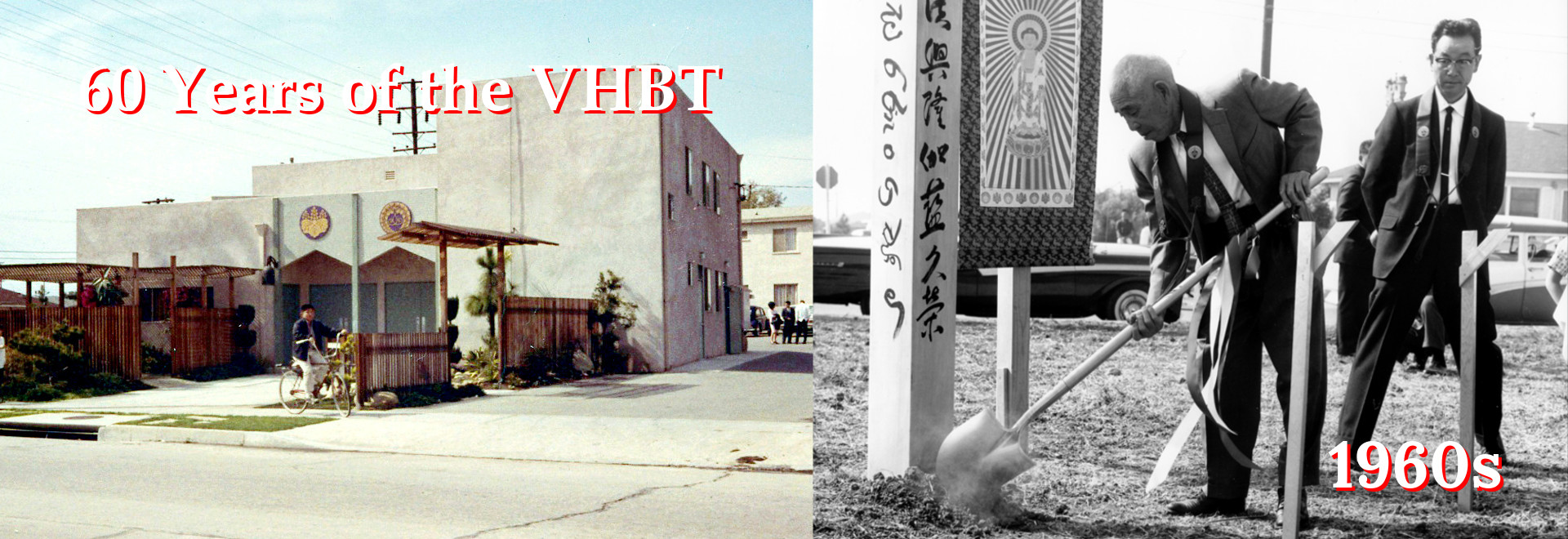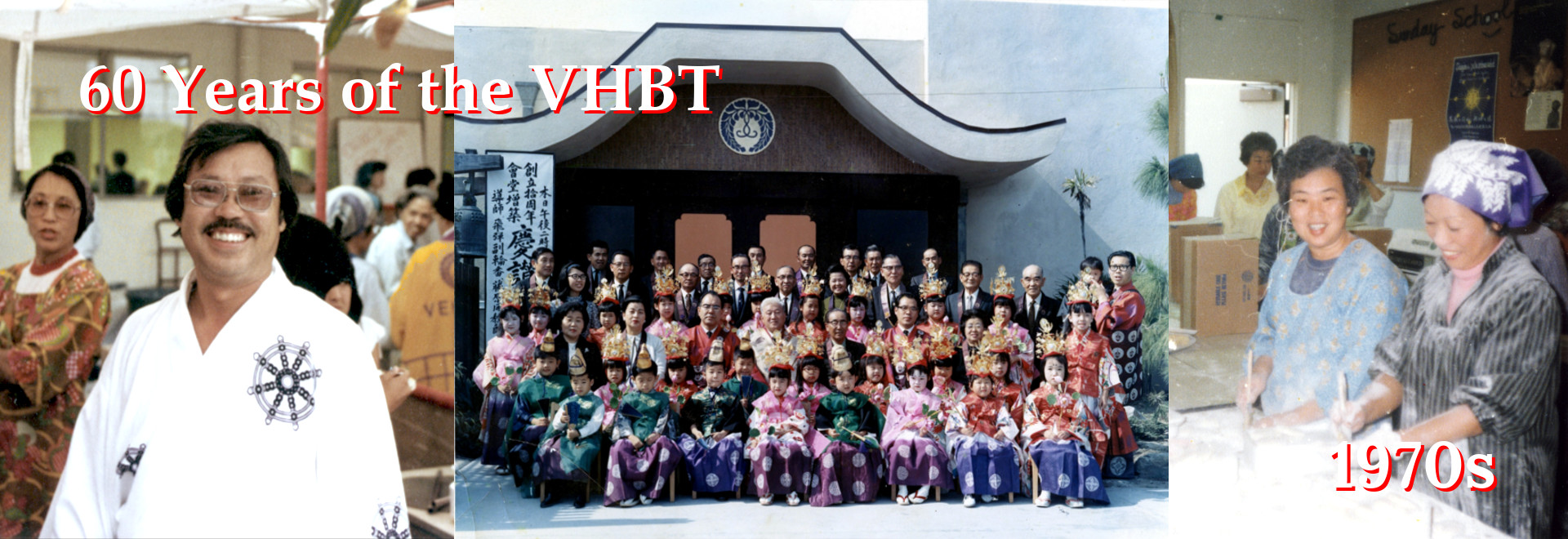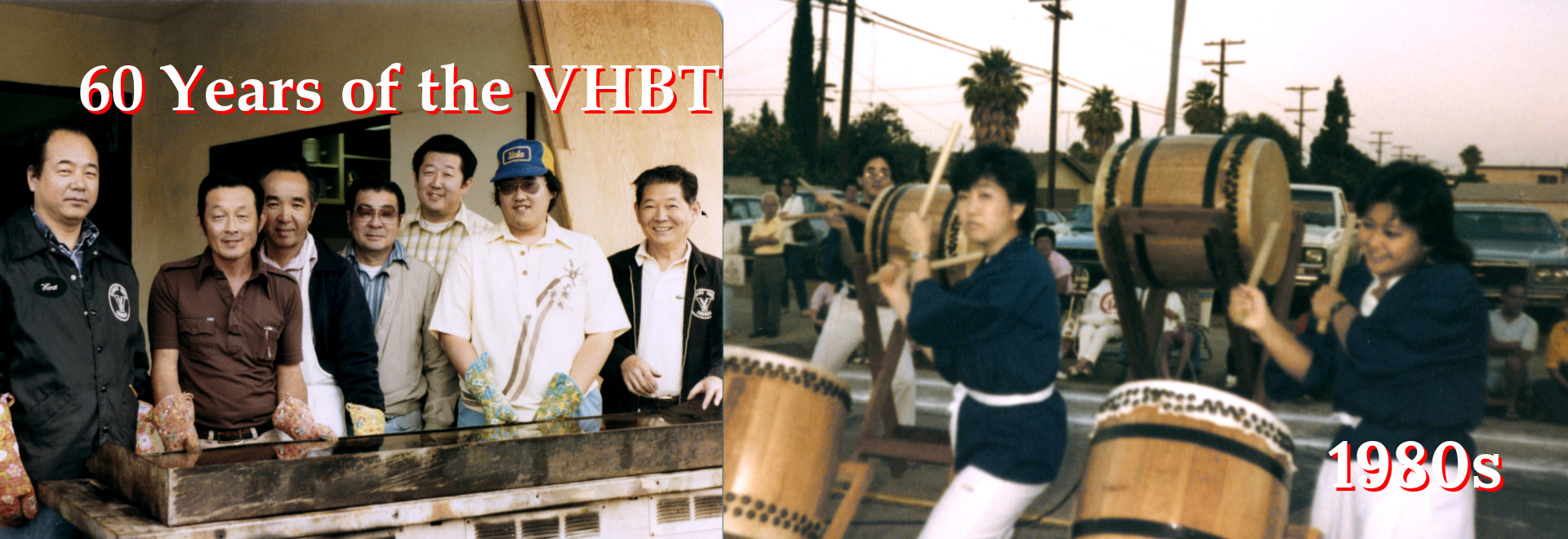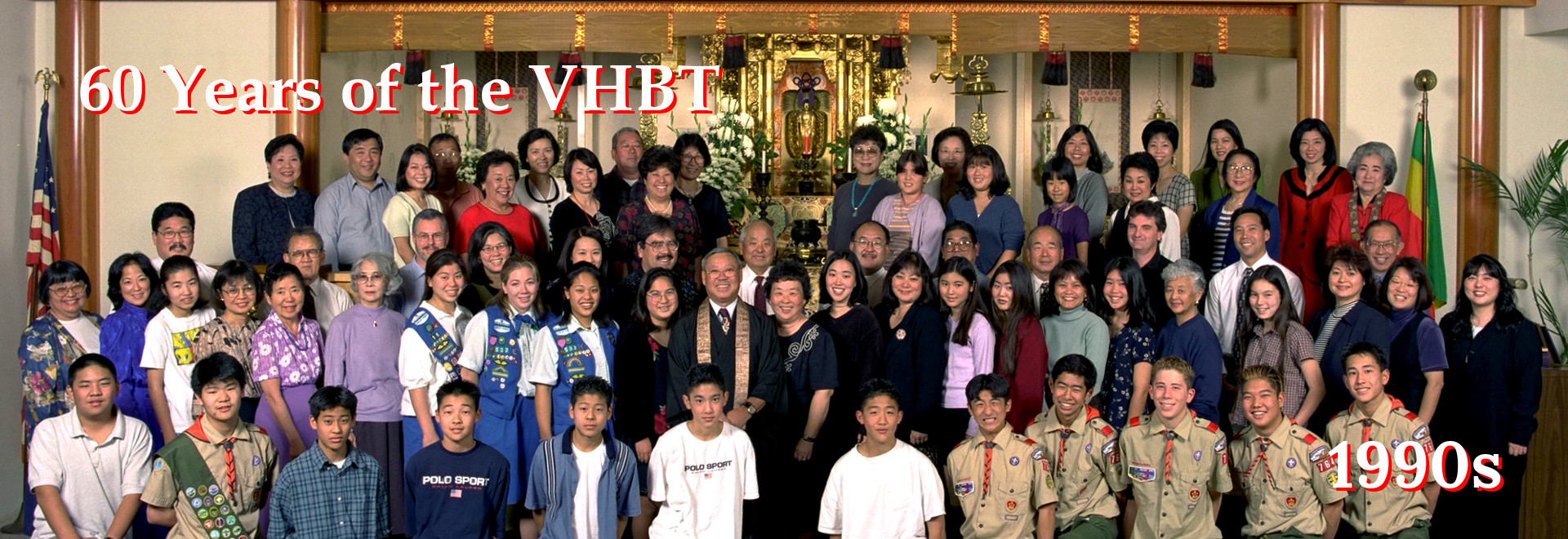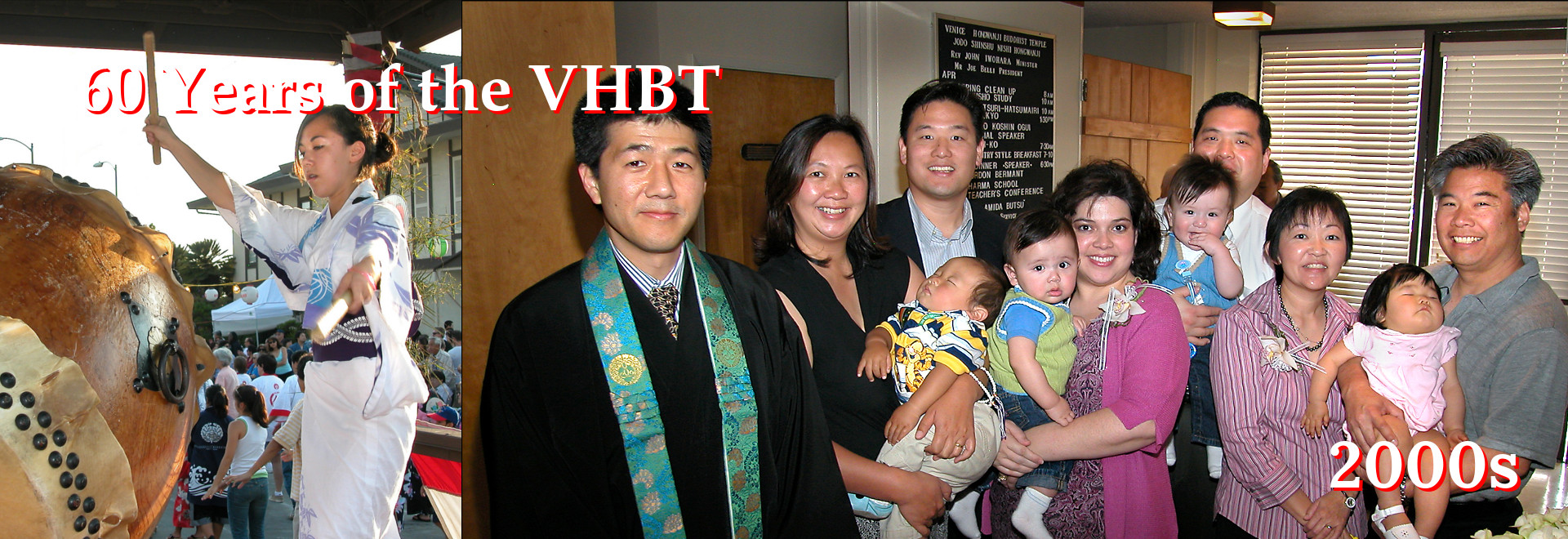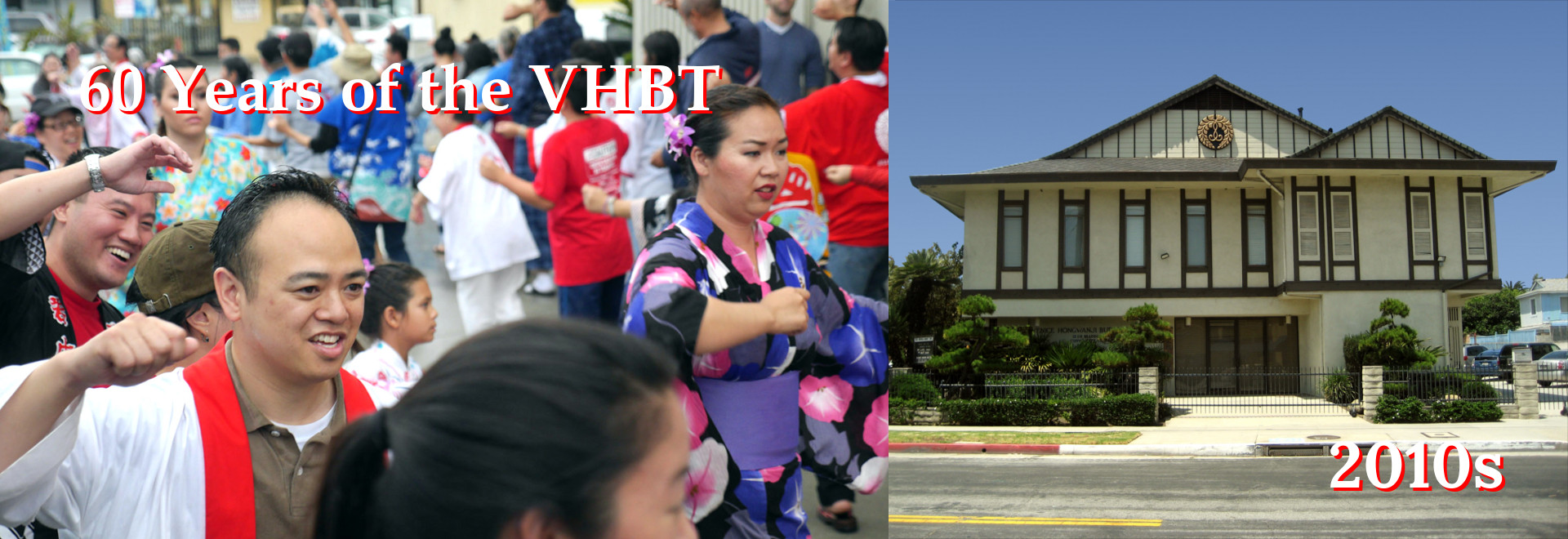Then Vaidehi, seeing the Buddha, the World Honored One, tore off her ornaments and prostrated herself on the ground. Wailing bitterly, she faced that Buddha and said: “World Honored One, what evil Karma have I committed in a previous life that I should bear such an evil son? World Honored One, what conditions caused you also to become a relative of Devadatta? i
The above passage is taken from the Contemplation Sutra, one of the three Sutra that lays the foundation for Pure Land Buddhism. In this passage, we find Vaidehi, the Queen of Rajagrha and the mother of Ajatasatru, beseeching the Buddha to tell her of a place where she can be freed from her suffering. In the question that we find her asking, we can easily surmise that much of her suffering is due to her son, a son who has just usurped the throne from her husband, the King Bimbisara, and has imprisoned him to die.
I wanted to quote this passage because this is one of the few places where a direct question to the Buddha is left unanswered. While growing up and attending school, many teachers would say, “There are no bad questions, only bad answers” to encourage students to ask questions. Just asking questions does not particularly feel “normal” to a person growing up in an Asian culture. Much of this attitude, I surmise, can be found in this and other places where the Buddha does not answer. The Buddha seems to be saying, “Yes, there are bad questions. Those questions I refuse to answer.”
That is not to say that the Buddha discouraged questions. All the Sutra, with the notable exception of the Amida Sutra (another of the three foundational Pure Land Sutra), for example, begin because of a question. The Larger Sutra, the main Sutra that establishes the Pure Land tradition, begins with Ananda noticing how “splendid” the Buddha looks and then asks the question, “For what reason does his countenance look so majestic and brilliant?” ii In other words, Ananda asks the Buddha, “How come you are looking so good today?” On the surface it doesn’t seem all that remarkable a question. It doesn’t seem that much more significant than asking, “How have you been?”
Vaidehi’s question, on the other hand, seems much more poignant; it seems like a question that could start a Sutra. It sounds like a question that should start a Sutra, unlike the seemingly insignificant “Why do you look so good today?” one that actually introduces us to Amida Buddha. Why? How did this happen? Is it because Vaidehi’s question is so negative sounding and Ananda’s question more positive? When you consider the fact that Sakyamuni Buddha begins to share the Dharma by saying, “Life is suffering,” it hardly seems that he was averse to negative tones. What makes Vaidehi’s question a “bad” question is the fact that she is, while asking the question, deceiving herself. In asking the question, she seems to be taking responsibility for her current situation, but the way she asks her questions clearly reveals that she, in fact, blames her son for her predicament. A religious life cannot begin without “me” clearly in the center. This attitude is clearly expressed by Shinran Shonin when he declares, “When I consider deeply the Vow of Amida, which arose from five kalpas of profound thought, I realize that it was entirely for the sake of myself alone!” (Tannisho). iii
On the other hand, that is not to say that the religious life is a selfish one. Ananda’s question, for example, clearly reveals that he could see how happy the Buddha was. He is someone who cared so much for the Buddha that he could see these kinds of changes in his appearance. He could sense the joy the Buddha felt and asked to share in it. The Buddha naturally obliged, and through this has allowed all of us to share in the joy of Namo Amida Butsu.
What is a good question? In looking at some of the questions found in the Pure Land Sutra it seems that a good question is one that can answer both a personal search and one whose answer can be shared with others. “How have you been?” can be a good question if it is asked sincerely because it addresses a need to know how your friend is, but also because it is a question that reminds us how much nicer life is when we can care about each other. No wonder this kind of question is the one that helped all of us to hear about Namo Amida Butsu.
____
i Translation from: The Sutra of Contemplation on the Buddha of Immeasurable Life, Ryukoku University, 1984
ii Translation from: The Three Pure Land Sutras, Hisao Inagaki, 1995
iii Translation from: Collected Works of Shinran, Jodo Shinshu Hongwanji-ha, 1997
Rev. John Iwohara
September, 2012
